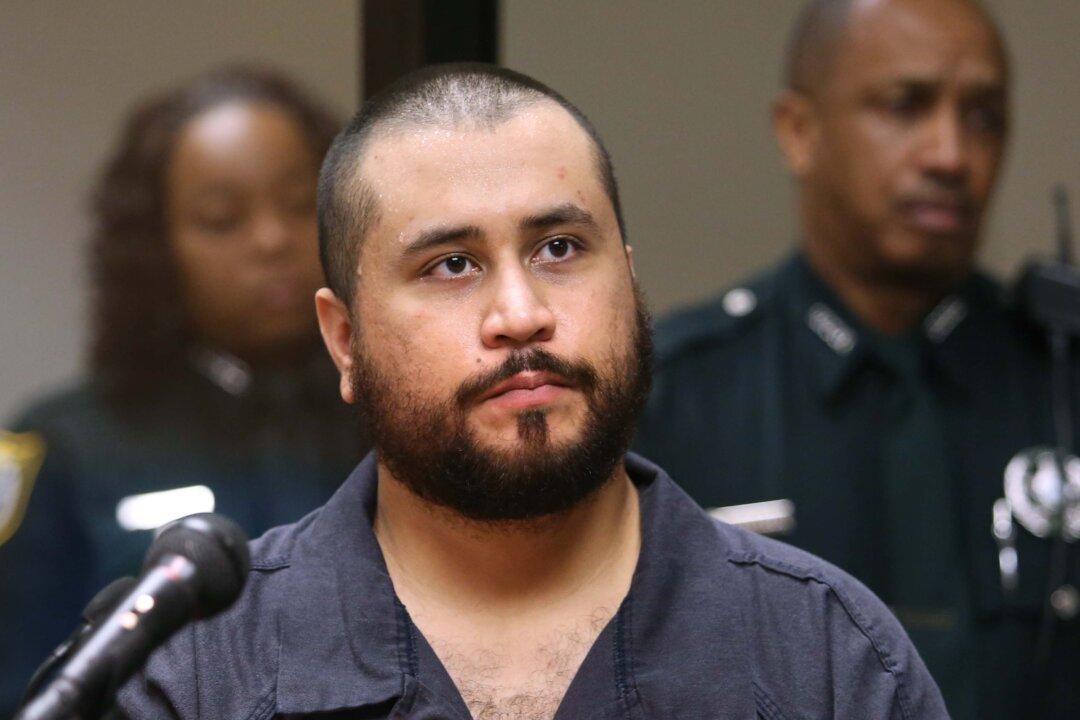George Zimmerman, the neighborhood watch volunteer acquitted in the shooting death of a black Florida teenager, will not face any federal charges, but is it over?
The Department of Justice (DOJ) spoke with the family of Travon Martin, the teenager who was shot, and told them they won’t be filing any charges against Zimmerman. U.S. Attorney General Eric Holder later issued a written statement on the case.
“Though a comprehensive investigation found that the high standard for a federal hate crime prosecution cannot be met under the circumstances here, this young man’s premature death necessitates that we continue the dialogue and be unafraid of confronting the issues and tensions his passing brought to the surface,” Holder said in his statement on Tuesday. “We, as a nation, must take concrete steps to ensure that such incidents do not occur in the future.”





